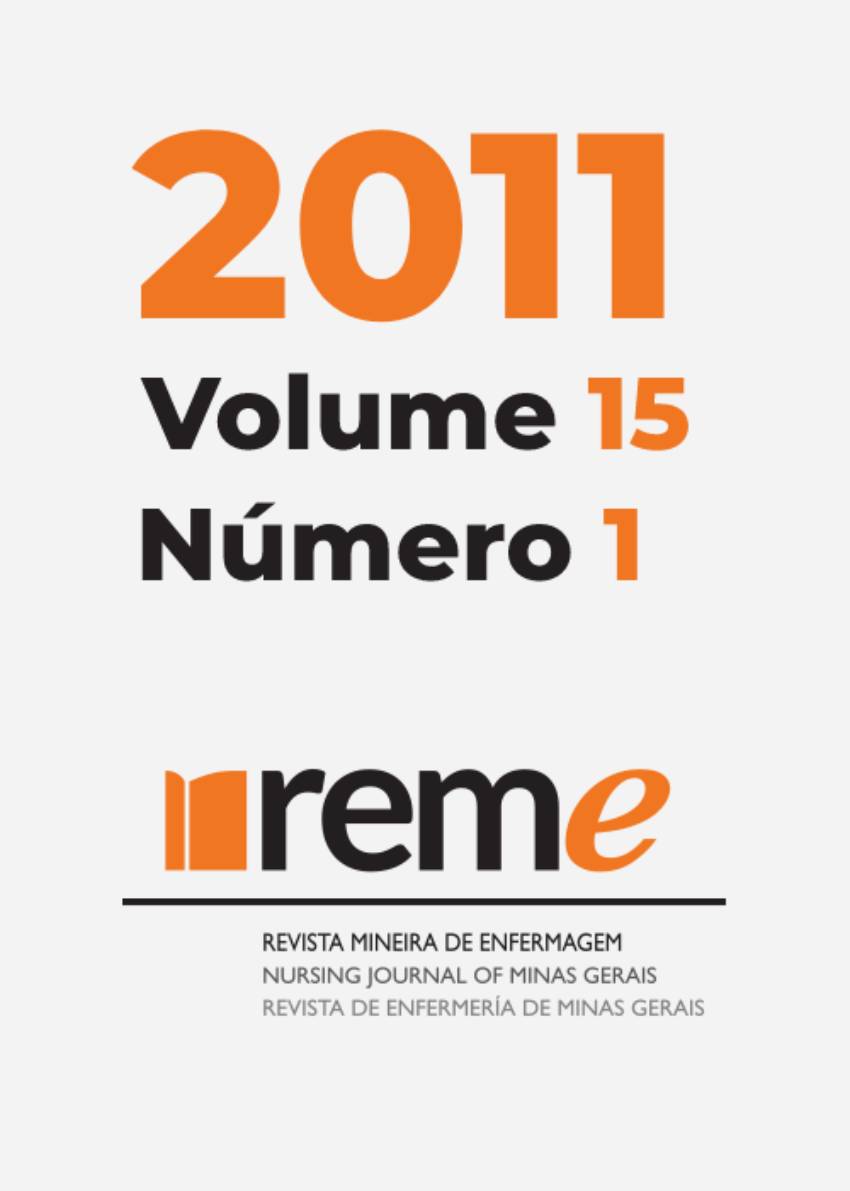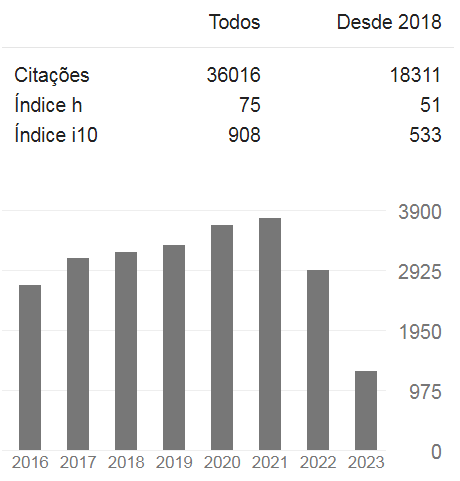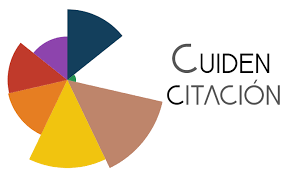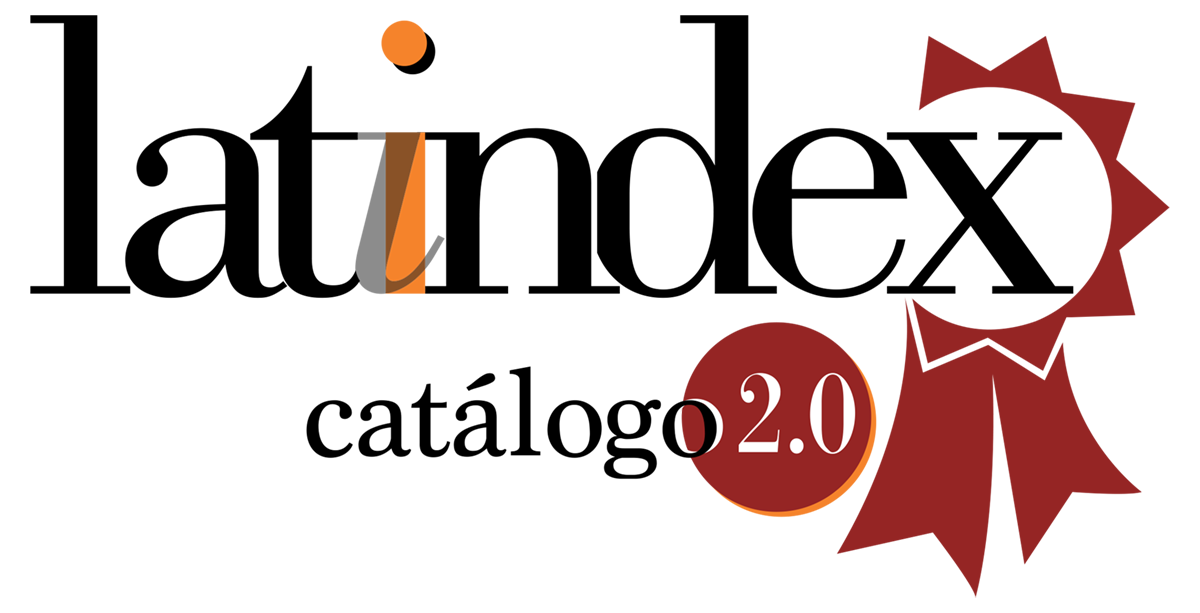Cerebral palsy: a study on family coping
DOI:
https://doi.org/10.35699/reme.v15i1.50416Keywords:
Chronic Disease, Family, Cerebral Palsy, NursingAbstract
Cerebral Palsy refers to conditions caused by damage to specific areas of the brain. It is a chronic condition that defies the family and the child to live with adaptations and challenges. This study aims to understand the family's experience in living with a child with cerebral palsy, to identify the changes in family life and the coping mechanisms used. Seven families were interviewed. We adopted the Symbolic Interactionism as a theoretical perspective and the Narrative as a methodological reference. The narrative analysis identified seven categories that demonstrate the family's experience in coping with a child who has cerebral palsy: experiencing an impact, facing the new situation, facing difficulties and prejudice, changes in life priorities, overcoming challenges, recognizing that is a good thing, expectations for the future. The results indicate how complex these families' experience is and emphasize their desire that their child has a life as close to normal as possible, with no prejudice and a better access to health, education and social life. The results also highlight how the presence of the professional nurse can support them in the process.Downloads
Published
2011-03-01
Issue
Section
Research
How to Cite
1.
Cerebral palsy: a study on family coping. REME Rev Min Enferm. [Internet]. 2011 Mar. 1 [cited 2025 Oct. 6];15(1). Available from: https://periodicos-hml.cecom.ufmg.br/index.php/reme/article/view/50416






































